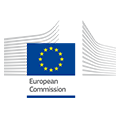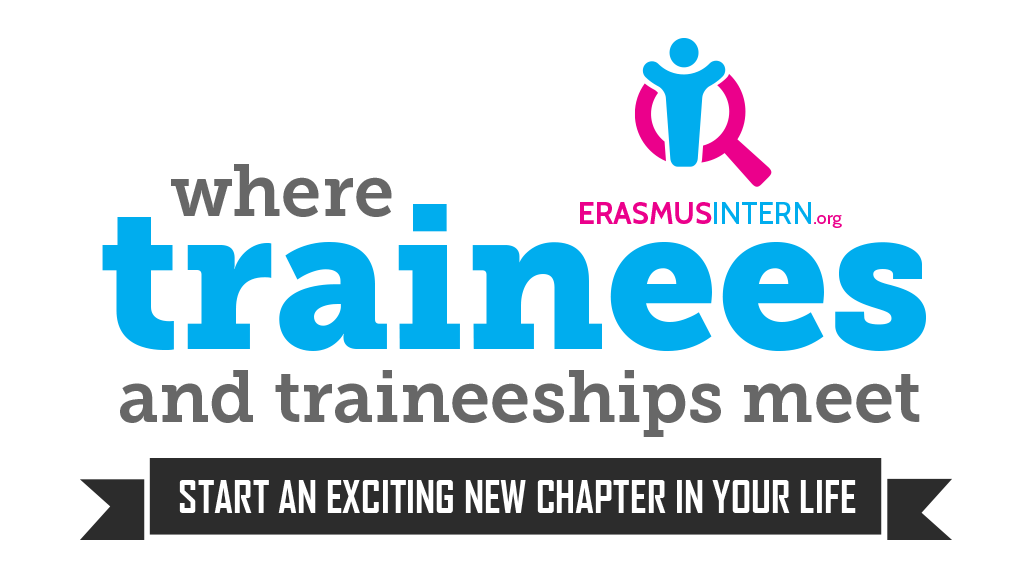
From 2018, the European Commission is expanding its popular internship programme to Partner Countries around the world, funding work placements for university students at Bachelor, Master's and PhD level, from a Programme to a Partner Country and vice versa. The results of university funding applications will be announced in June, with the first traineeships starting this summer.

How will it work?
Like the intra-European traineeship programme, a work placement can last anywhere between 2 and 12 months1 and may take place in any public or private organisation (such as a company, public body, NGO, research institute or university). To take part, the trainee must be registered at a participating higher education institution, either an Erasmus+ Charter holder in a Programme Country or their partner institution in a Partner Country. During their placement, the trainee will receive an Erasmus+ grant to contribute to their travel costs and living allowance (which the host organisation may choose to top up). The trainee and participating organisations will sign a Learning Agreement detailing the traineeship programme and setting out the rights and responsibilities of all parties. Unlike the intra-European scheme, the programme is not open to recent graduates.

The funding
International traineeships are funded from the European Union's external budget and the funding is allocated according to the EU's political priorities. In practice, this means there are more opportunities for work placements to/from Europe's neighbourhood: the Western Balkans, North Africa or Eastern Partnership countries. In contrast, there will be fewer opportunities for work placements to/from industrialised countries or Latin America. In Europe, there are opportunities for traineeships to/from each of the 33 Programme Countries. Prospective trainees should check with their university's international office or faculty to find out which options are open to them.
Next steps
- Organisations in Programme and Partner Countries interested in hosting Erasmus+ trainees from summer 2018 should advertise their positions on ErasmusIntern.org, and contact universities with whom they already work.
- Students interested in doing an Erasmus+ work placement from summer 2018 should speak to their university's international office or faculty, and start looking for advertised positions on ErasmusIntern.org.
- Universities in Programme Countries interested in applying for Erasmus+ funding for international traineeships should speak to their Erasmus+ National Agency. Partner Country universities should contact their European partners or National Erasmus+ Office, if available.

For more information, please refer to the Erasmus+ Programme Guide and the International Credit Mobility Handbook.

Follow ESN